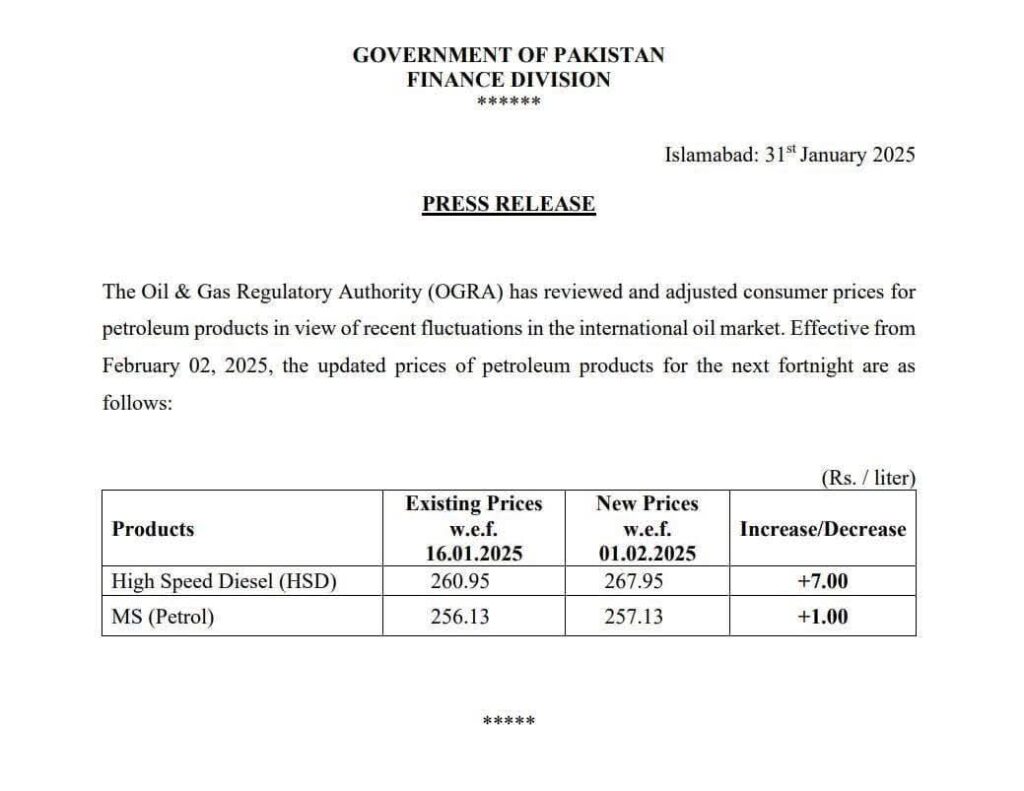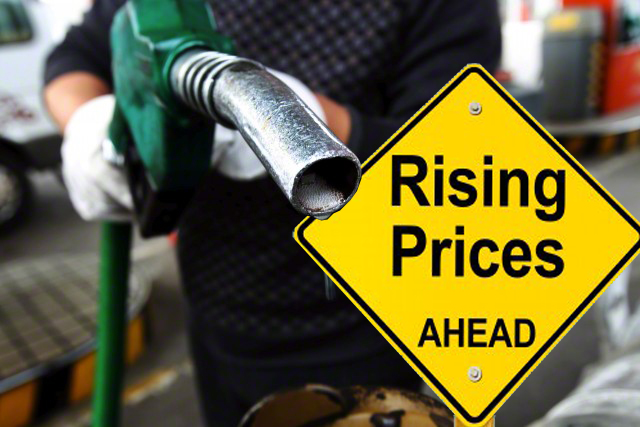Increase in Petroleum Prices
Increase in Petroleum Prices
Contents
Introduction
The increase in petroleum prices has become a global concern, affecting economies, industries, and consumers alike. As oil remains a critical energy source worldwide, fluctuations in petroleum prices create ripple effects across multiple sectors. This article provides an in-depth analysis of the causes of petroleum price hikes, their impact on economies, and what the future holds for fuel pricing.
Causes of the Increase in Petroleum Prices
1. Global Supply and Demand Imbalance
One of the primary reasons for the surge in petroleum prices is the supply-demand gap. When oil production fails to meet growing global demand, prices rise. Several factors contribute to supply disruptions, including political instability, natural disasters, and infrastructure failures.
2. Geopolitical Tensions and Conflicts
Political instability in oil-producing regions significantly affects petroleum prices. For instance, conflicts in the Middle East, Russia-Ukraine tensions, and economic sanctions on major oil exporters lead to reduced supply, forcing prices to climb.
3. OPEC and Production Decisions
The Organization of the Petroleum Exporting Countries (OPEC) plays a pivotal role in global oil pricing. When OPEC and its allies decide to cut production to stabilize the market, petroleum prices increase. On the other hand, an increase in production can sometimes lead to price drops.
4. Currency Exchange Rates
Since oil is traded in U.S. dollars, fluctuations in currency exchange rates impact petroleum prices. A weaker dollar can make oil cheaper for other countries, boosting demand and leading to price hikes.
5. Inflation and Economic Policies
Higher inflation rates and government policies, such as fuel taxes and subsidies, directly affect oil pricing. When inflation rises, the cost of production and transportation increases, leading to higher petroleum prices.
6. Natural Disasters and Climate Change
Hurricanes, earthquakes, and other natural disasters often disrupt oil supply chains. Climate change policies restricting fossil fuel usage and investments in renewable energy also contribute to fluctuating oil prices.
Impact of Rising Petroleum Prices
1. Increased Transportation Costs
A hike in fuel prices directly impacts transportation costs, affecting public transport, logistics, and freight services. This leads to increased prices for goods and services, ultimately burdening consumers.
2. Higher Inflation Rates
Petroleum price hikes contribute to inflation, as higher fuel costs make the production and distribution of goods more expensive. This affects daily commodities, increasing the cost of living worldwide.
3. Economic Slowdown
When petroleum prices rise sharply, businesses face higher operational costs, leading to reduced investment and employment. Countries heavily reliant on oil imports face trade deficits, affecting economic growth.
4. Impact on Industries
Several industries, including aviation, manufacturing, and agriculture, depend on petroleum products. Rising fuel prices increase production costs, leading to higher consumer prices and reduced demand.
5. Shift to Renewable Energy
As petroleum prices surge, governments and industries are investing in alternative energy sources such as solar, wind, and electric vehicles. This shift may reduce long-term dependence on fossil fuels.
Future Outlook: What to Expect?
1. Market Stabilization Through Production Adjustments
Experts predict that petroleum prices may stabilize as oil-producing nations adjust production levels to balance supply and demand.
2. Investment in Alternative Energy
Governments worldwide are investing heavily in renewable energy projects, aiming to reduce dependence on fossil fuels and provide long-term economic stability.
3. Global Policy Interventions
Economic policies, including fuel subsidies, taxation reforms, and strategic reserves, will play a critical role in managing petroleum price volatility in the future.
4. Technological Advancements in Fuel Efficiency
Innovation in fuel-efficient vehicles and hybrid technologies may reduce overall petroleum consumption, helping to balance demand and supply in the coming years.
Conclusion
The increase in petroleum prices has far-reaching consequences on economies, industries, and consumers. While geopolitical factors, supply chain disruptions, and inflation continue to drive price hikes, investments in renewable energy and policy interventions may offer long-term stability. Keeping an eye on global oil market trends is crucial for businesses and consumers to adapt to changing fuel price dynamics.

Click here for latest updates and jobs https://helpingboats.com/. Join Us On What’s app Group
https://chat.whatsapp.com/CVwROiD9kKSFwq6pnIdQxi. Click Here To Join Us On Facebook For Latest Government Jobs And Education News : https://www.facebook.com/profile.php?id=100085051735597










